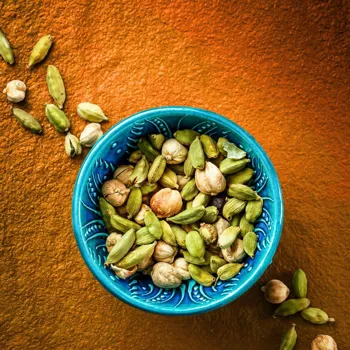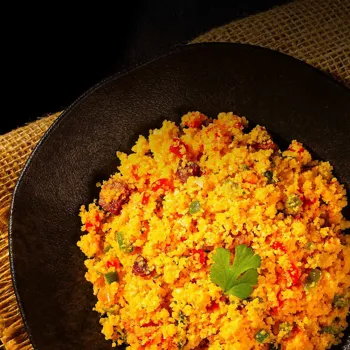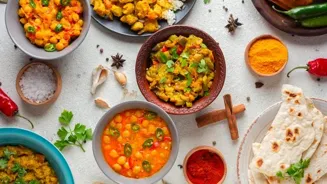Unveiling the Story of Indian Cuisine: A Journey from Ancient Roots to Global Acclaim. Explore the evolution of flavors and traditions
Namaste and welcome, food lovers! Today, we embark on a delicious journey
through the ages, exploring the fascinating story of Indian cuisine. More than just recipes, it's a reflection of our rich history, diverse cultures, and spiritual beliefs.
From simple beginnings to its current global popularity, Indian food has a tale to tell, a tale seasoned with spices and sweetened with tradition.
Indus Valley Civilization's vegetarian diet shaped India's culinary diversity
The story begins in the Indus Valley Civilization, thousands of years ago. Imagine early Indians cultivating barley, wheat, and pulses! Archaeological evidence suggests they were skilled farmers and millers. Their diet was primarily vegetarian, focusing on grains, fruits, and vegetables.
Spices like mustard seeds were likely used, though evidence remains scarce. This period laid the foundation for the future diversity of Indian culinary practices. The emphasis on grains and plant-based foods continues even today, influencing regional specialties and healthy eating habits.
Early cooking methods were simple, but effective, like roasting, boiling, and fermenting.
The Aryans introduced "Satvika" food, emphasizing purity and well-being, with dairy products central
The arrival of the Aryans brought new influences. They introduced the concept of "Satvika" food, prioritizing purity and promoting mental and physical well-being. Milk and milk products became integral to the diet, with ghee (clarified butter) gaining prominence.

The Vedic texts describe elaborate rituals involving food offerings, highlighting its spiritual significance. Dairy was considered a sacred part of the diet. The dietary beliefs of promoting harmony and balance resonated with Indian philosophy.
The era solidified the importance of specific foods for rituals and promoting holistic wellness. This influence remains deeply rooted in many Indian households, following traditional preparations.
The Mauryan and Gupta periods refined culinary skills in India
The Mauryan Empire saw the establishment of well-organized trade routes, leading to the introduction of new ingredients. Many believe the Mauryan era brought new crops and ways to cook.
The Gupta period, often called the "Golden Age" of India, witnessed advancements in various fields, including gastronomy. Culinary skills were refined, and new cooking techniques were developed. The literature from this era describes elaborate feasts.
The focus was on creating elaborate dishes and the enjoyment of meals. The Gupta period contributed to refining culinary skills. These cooking skills are still used today, handed down through multiple generations.
Mughal influence shaped traditional Indian cuisine
The medieval period brought significant changes with the arrival of various rulers from Central Asia and the Middle East. The Mughals, in particular, introduced rich and aromatic dishes. Mughlai cuisine is known for its use of dry fruits, nuts, cream, and saffron.

They influenced Northern cuisine by adding meat dishes. However, vegetarian dishes like biryani and korma were also popular among the Indian locals. The Mughal influence introduced new techniques and flavors to the Indian palate.
This period gave rise to what we know today as traditional Indian dishes. These flavors continue to inspire chefs and home cooks across India and abroad.
Colonial era led to globalization of Indian cuisine
The colonial era exposed Indian cuisine to the Western world. While the British adopted some Indian dishes, they also altered others to suit their tastes. Many Anglo-Indian dishes were created. The exchange of ingredients and cooking styles had a lasting impact.
Indian restaurants began to open up in Britain and later, in other parts of the world! This started the globalization of Indian food. They took their local cuisine to a different world, where people appreciate the food.
Chefs are continuously innovating with traditional recipes to cater to a global audience.
Indian cuisine goes global with fusion dishes and award-winning chefs
Today, Indian cuisine is a global phenomenon. Walk into any major city, and you're likely to find an Indian restaurant serving dishes from various regions of the country. Fusion cuisine, blending Indian flavours with Western techniques, is also gaining popularity.
Indian chefs are winning international awards and pushing boundaries. The internet and television cooking shows have made Indian recipes more accessible than ever. From street food to fine dining, Indian cuisine is captivating the world with its diversity and vibrant flavours.
It's a testament to the enduring appeal of our culinary heritage.
AI Generated Content. Glance/InMobi shall have no liability for the content












